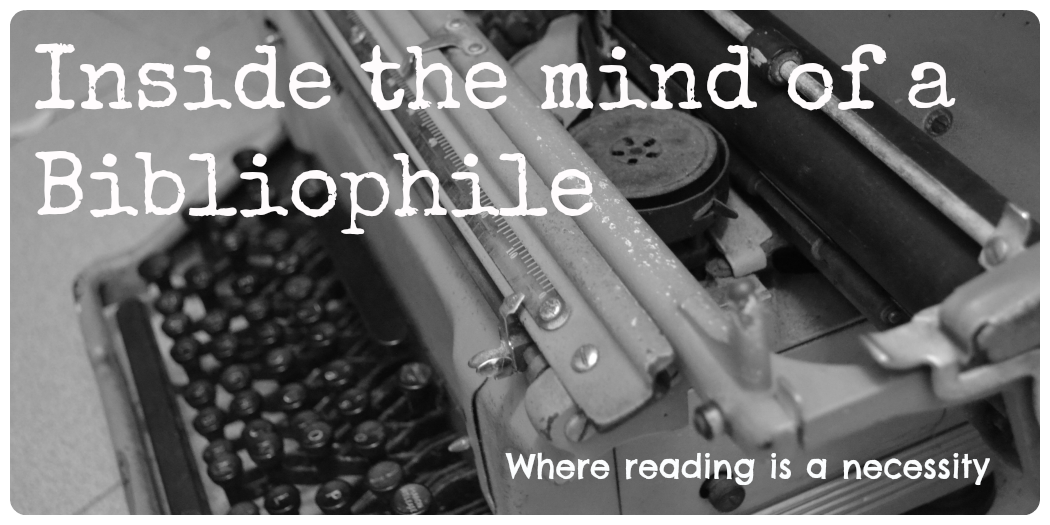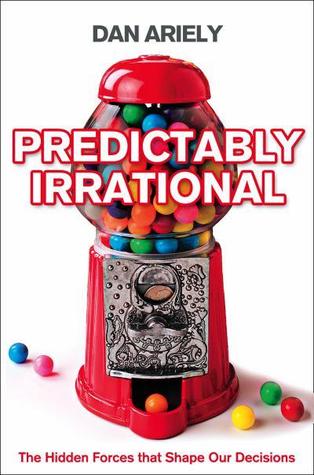I picked this book up at Changi Airport and I'm so glad I did. This is fast turning into one of the most useful, entertaining and informative books that I've read (while in Japan)!
One of the assumptions on which economics is built is that people are perfectly rational and seek to maximise their own benefit. However, through a series of experiments (many of them you might have heard before), Dan Ariely shows that this isn't true. Our past, our beliefs all conspire to influence our decisions. Like it or not, we make a lot of decisions with our emotions.
You might recognise this as a description of behavioural economics. I'm not too familiar with the subject (my introduction to microeconomics teacher didn't manage to get to that part), but I really prefer this form of economics to Classical/Keynesian economics. Sorry fans of the Phillips curve (the Phillips curve is cool. But not as cool as this).
I don't think I can tell you "my favourite chapter" of this book, like I normally do, but I can tell you what I used in my essays so far. So far, I've used "the cost of social norms" and "the fallacy of supply and demand". Now that I've arbitrarily picked out two chapters, I can go into a little bit more detail so you can see if the contents of the book is something that interests you.
"The cost of social norms" can be summed up in one question: When you have dinner at a friend's house, why is it ok to bring a gift of chocolates (or wine), but not ok to pull out 50 dollars to pay for the bill (assuming you didn't agree before hand to split the costs)? The answer lies in the fact that there is something called "social norms" and something called "market norms". Social norms look at relationships - it's give and take. Market norms look at getting what you paid for. That's why, you're much more likely to flag down waiter because your food is slow in coming, but less likely to go into the kitchen to pester your friend about why dinner isn't ready yet (at least for the first hour or so. And even then, there's a good chance that if you're like me, you'll go in to say "Hey, can I help?")
"The fallacy of supply and demand" talks about something called price anchors. Basically, although the theory of supply and demand assumes that we choose our optimal price independently, the truth is, we're affected by substitute products and our past experience. A case used in the book (that I used in an essay) was about Starbucks. Starbucks is expensive, but why are people still buying the coffee? The book theorizes that it's because Starbucks manages to be different enough that we don't compare it to other coffee shops, it becomes a category of its own. This is done through things as small as the names of coffee sizes. You might not thing you're influenced, but try comparing a "small" coffee to a "short". For some reason, your brain is more inclined to see those as two separate categories.
I like this book because it's incredibly easy to understand, and because there are a lot of examples. You could probably summarise each chapter into one paragraph (like I did), but if you want to walk away with many cool examples you can use in conversation or in essays, you should just read the book. The author doesn't use many technical terms, in fact, it feels like the author is just talking to you, which makes the book completely un-intimidating.
In short, I can't recommend this book highly enough. I found it a pleasure to read and I learnt a lot from it.
Monday, February 9, 2015
Subscribe to:
Post Comments
(
Atom
)


No comments :
Post a Comment
I really do appreciate all comments, and I'll try my best to reply within 24 hours!
^_^